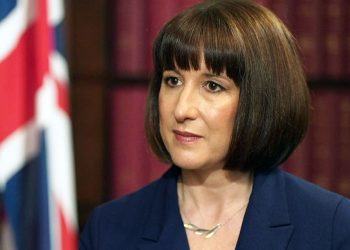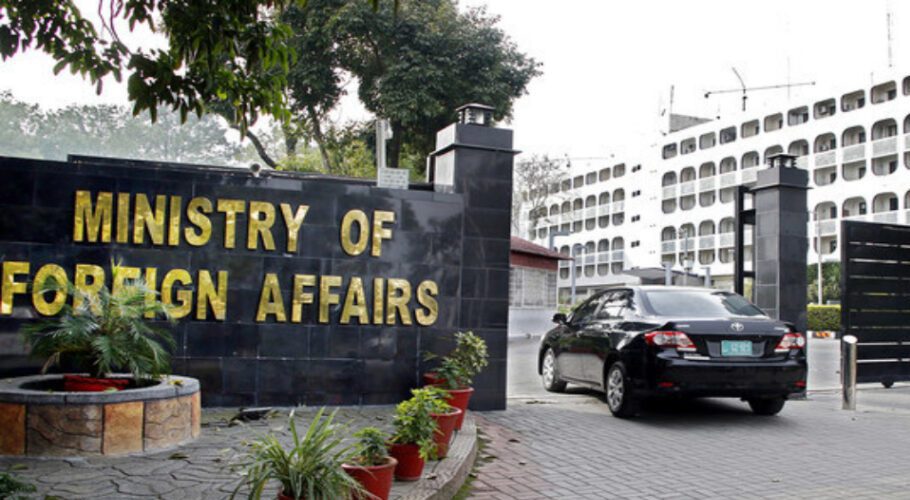In response to intense political opposition, mass protests across Sindh, and escalating regional tensions following India’s suspension of the Indus Waters Treaty (IWT), the federal government on Thursday suspended all progress on the controversial canal project under the Green Pakistan Initiative.
The announcement was made during a joint press conference by Prime Minister Shehbaz Sharif and Pakistan People’s Party (PPP) Chairman Bilawal Bhutto-Zardari, where the premier confirmed that no new canal projects would proceed without consensus at the Council of Common Interests (CCI), scheduled for May 2.
“Today, we reached a mutual agreement with the PPP that until a decision is taken at the CCI with complete provincial consensus, no further progress will be made on the construction of new canals,” said Prime Minister Sharif. He emphasized that federal actions would remain aligned with the 1991 Water Accord and the 2018 National Water Policy.
The suspension marks a significant political breakthrough after weeks of tense negotiations between the ruling Pakistan Muslim League-Nawaz (PML-N) and its coalition partner, the PPP. According to sources, the PML-N conceded to all of the PPP’s demands, amid warnings from the latter of withdrawing from the coalition if the project continued unilaterally.
The canal project, launched in February by Chief of Army Staff General Asim Munir and Punjab Chief Minister Maryam Nawaz in Cholistan, was intended to enhance irrigation in southern Punjab.
However, it triggered widespread backlash, particularly in Sindh, where critics accused the federal government of violating the province’s water rights. The Sindh Assembly had earlier passed a unanimous resolution opposing the initiative.
Mass demonstrations spread across the province—paralysing cities including Sukkur, Nawabshah, and Daharki—while transporters and civil society leaders joined in, demanding an immediate halt to construction.
Tensions further escalated after India unilaterally suspended the IWT, citing alleged cross-border ties to a deadly attack in occupied Kashmir. The move heightened concerns in Islamabad over the future of water diplomacy in the region.
Prime Minister Sharif announced that a joint federal-provincial committee would be established to devise long-term solutions for equitable water distribution and sustainable agricultural policy.
PPP Chairman Bilawal Bhutto-Zardari lauded the decision, stating, “This is a victory for democracy, for Sindh, and for all provinces. No new canals will be built without mutual consent, and that is how this federation should work.”


































